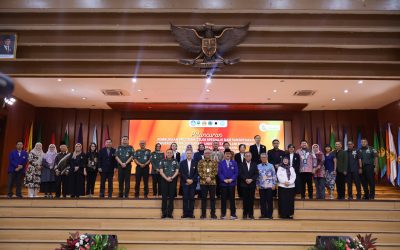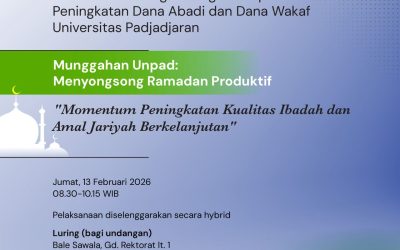Peripartum cardiomyopathy (PPCM) is a dangerous heart condition that strikes women during the final stages of pregnancy or shortly after delivery. For many mothers, especially in resource-limited countries like Indonesia, the condition is discovered too late, and doctors struggle to predict who will recover and who will face long-term heart damage. Researchers from Universitas Padjadjaran, led by Dr. Mohammad Rizki Akbar from the Faculty of Medicine, have taken a closer look at one underappreciated factor: the role of the right side of the heart in predicting recovery.
Traditionally, cardiologists have focused on the left ventricle, the main pumping chamber, when evaluating PPCM. But Dr. Akbar’s research shows that the right ventricle, which sends blood to the lungs, may hold equally important clues. Using echocardiography and advanced cardiac imaging, the team tracked patients with PPCM and found that better right ventricular function at diagnosis was strongly linked with improved recovery within months.
The discovery is significant because PPCM often affects young mothers who had no prior history of heart disease. A clearer prediction tool can help doctors decide who needs more aggressive monitoring and therapy, potentially saving lives. This is especially critical in rural hospitals, where resources are scarce and timely decisions are essential.
Beyond clinical care, the findings promote broader awareness among women and communities. Pregnant women experiencing severe fatigue, swelling, or shortness of breath should be encouraged to seek medical evaluation immediately. Early detection and routine heart checks could reduce maternal deaths—a pressing concern in Indonesia where maternal mortality rates remain among the highest in Southeast Asia.
This research strengthens public health systems by emphasizing affordable, non-invasive diagnostic tools. It also contributes to SDG 3: Good Health and Well-Being, while positioning Universitas Padjadjaran as a leader in maternal health innovation, further elevating its global impact in the Times Higher Education Rankings.





0 Comments